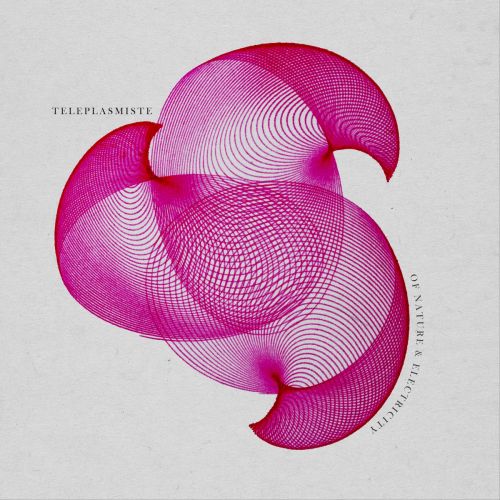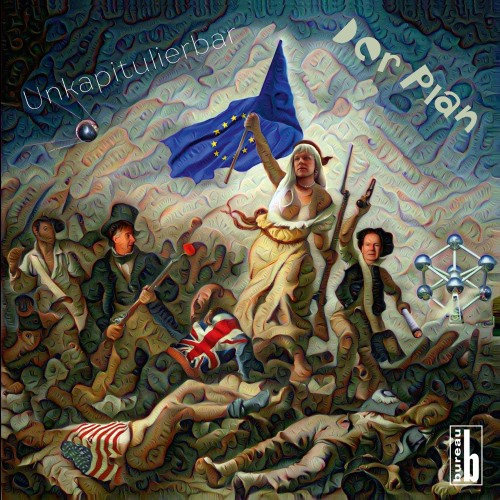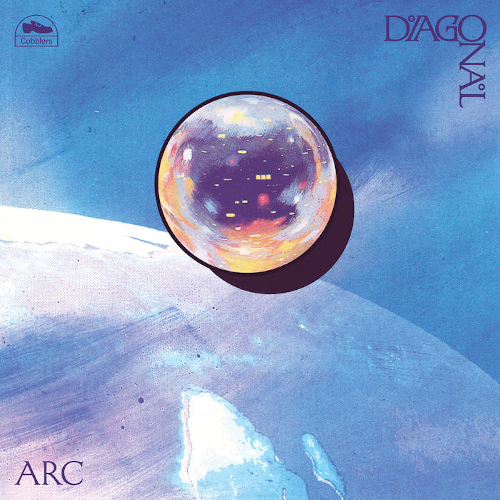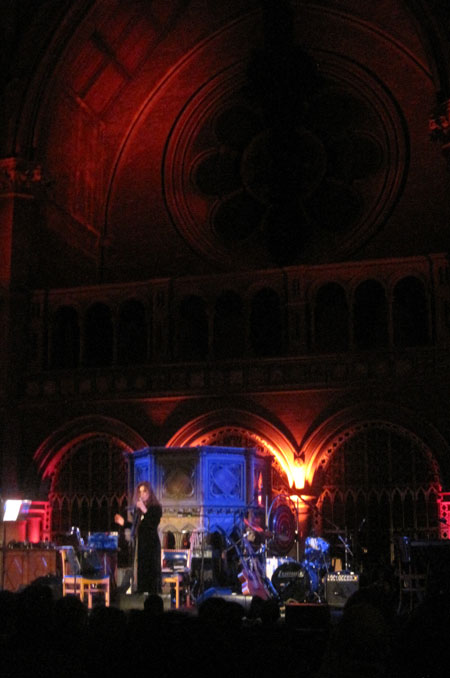The constant state of evolution for Constellation Records is a wonderful thing. As they approach their thirtieth anniversary, the label continues to release essential albums from doyens of the Canadian underground that cover all musical styles.
Here we have two very different string-oriented releases that use the post-classical chamber genre as a starting point; but interestingly, due to modern recording capabilities, one is by a solo artist and the other is a duo.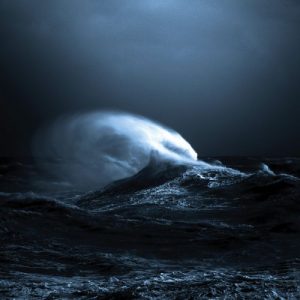 Ottawan artist Mark Molnar has been a linchpin of the independent scene there for more than twenty years as a string player, composer and arranger of events. Usually releasing on his own Black Bough Records, EXO is his first for Constellation and encompasses a suite of three long sections that echo the brooding cover artwork.
Ottawan artist Mark Molnar has been a linchpin of the independent scene there for more than twenty years as a string player, composer and arranger of events. Usually releasing on his own Black Bough Records, EXO is his first for Constellation and encompasses a suite of three long sections that echo the brooding cover artwork.
There is a statuesque charm to the piano repetition, a fateful acceptance or careful consideration that moves through small arcs. Moments of brightness ascend, clearing a path through the gloaming. The deliberation of the piece digs deep into a motif that has subtle evolution, keeping us engaged. It is also wary and has the same effect as a bludgeoning riff in a rock band, but the complete opposite in approach. The sharp violin against the warmer, deeper strings feels like a slow dance as the sounds ebb and flow around one another.
As the album progresses, so the instruments start to further interact, completing one another’s sentences, cutting into each other. It is a little awkward, with stop-start melodrama and a kind of night time seafaring vibe. The sea is dark, but there is light playing on the waves, giving hope. Somehow I can hear a pipe organ and the varying tones lend an air of disquiet, as if things below the surface are unsettled. Further on, the introduction of harp brings a note of calm, although the violin continues to pierce and some of the instruments mirror each other, playing similar notes, offering different perspectives. The whole thing unfolds at a very natural pace, with sounds allowed to decay and revel in the available space to offer their full effect.Towards the end, you feel the piece aching for something; some hard to come by resolution. As strings add a low-level swell, it feels like a brief storm tracking in the distance watching the bass tones and high string notes working at odds, patterns diverging and then coalescing as the denouement approaches. This is an extraordinary vision and is a testament to Mark’s playing and also production skills. You couldn’t help but think there was at least a quartet involved here and the whole thing is quite consuming.
 In comparison, the collaboration between sisters cellist Rebecca Foon and violinist Aliayta Foon-Dancoes is a much more meditative affair; ruminations on the state of the environment are measured out by swirling string sorties and contemplative piano input and recurrent motifs are re-considered and re-imagined as the album progresses. Spread over eleven elegant, elegiac tracks, Reverie has a devastating opening salvo. It is spare and quiet, but feels hard-won, with the piano tiptoeing around the simmering cello, its one-note lament a real heartbreaker.
In comparison, the collaboration between sisters cellist Rebecca Foon and violinist Aliayta Foon-Dancoes is a much more meditative affair; ruminations on the state of the environment are measured out by swirling string sorties and contemplative piano input and recurrent motifs are re-considered and re-imagined as the album progresses. Spread over eleven elegant, elegiac tracks, Reverie has a devastating opening salvo. It is spare and quiet, but feels hard-won, with the piano tiptoeing around the simmering cello, its one-note lament a real heartbreaker.
There is something familiar about the violin melody on “Incandescence”, but the way it looks within, its descending motion prompting a sigh, causes the heart to flutter. They both know how to affect the listener, with the cello supporting the winsome violin as its crying notes reach for something, conveying an essential message for us.
The internal pressure leans on the heart, searching and leaving us with an exquisite ache. The theme is briefly borrowed for “Phosphorescence”, but here it is all about space and lends a night time perspective, a ghostly liminal option that is all shadows and double-takes.Both sisters play piano on Reverie, but although not a constant gives an earthly flow to some of the pieces and prevents the profundity of the cello from becoming too much. There is a connection with the piano, a rolling fertility that gives out shouts of hope as the river runs clean again. It is lighter and has a positivity that the strings then swaddle. It is the pastoral element, but it is not able to fully convince and the panic in the strings on the folkier “Surrounded By You” feels real as they try to show us what might happen.
The production by Jace Lasek captures the sounds of the instruments and their relationship perfectly, allowing them opportunities to highlight the warnings for us accordingly. “Midnight Shadow” evokes the space and beauty of the outdoors, with piano once again adding some levity; while the use of the recurring motif on “Devotion” this time finds it shorn of all detail, its stark proclamation enveloping. Each piece seems to ask its own questions; the dully plucked notes of “Reverie” and its hollow echo belie a purpose, the message essential but couched in subtlety while the return of the piano for the final piece, a revisit of the opening “Eternal” that asks us to refocus and recall what has come before.Here Rebecca and Aliayta have used the magic and majesty of strings and piano to highlight our current problems without using threats or violence, but instead causing us to focus and also to revel in their delicate interplay. Having played together on the most recent Esmerine album, this is perhaps the culmination of their sisterly musical connection and one which has plenty to offer.
-Mr Olivetti-
